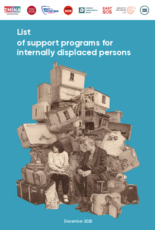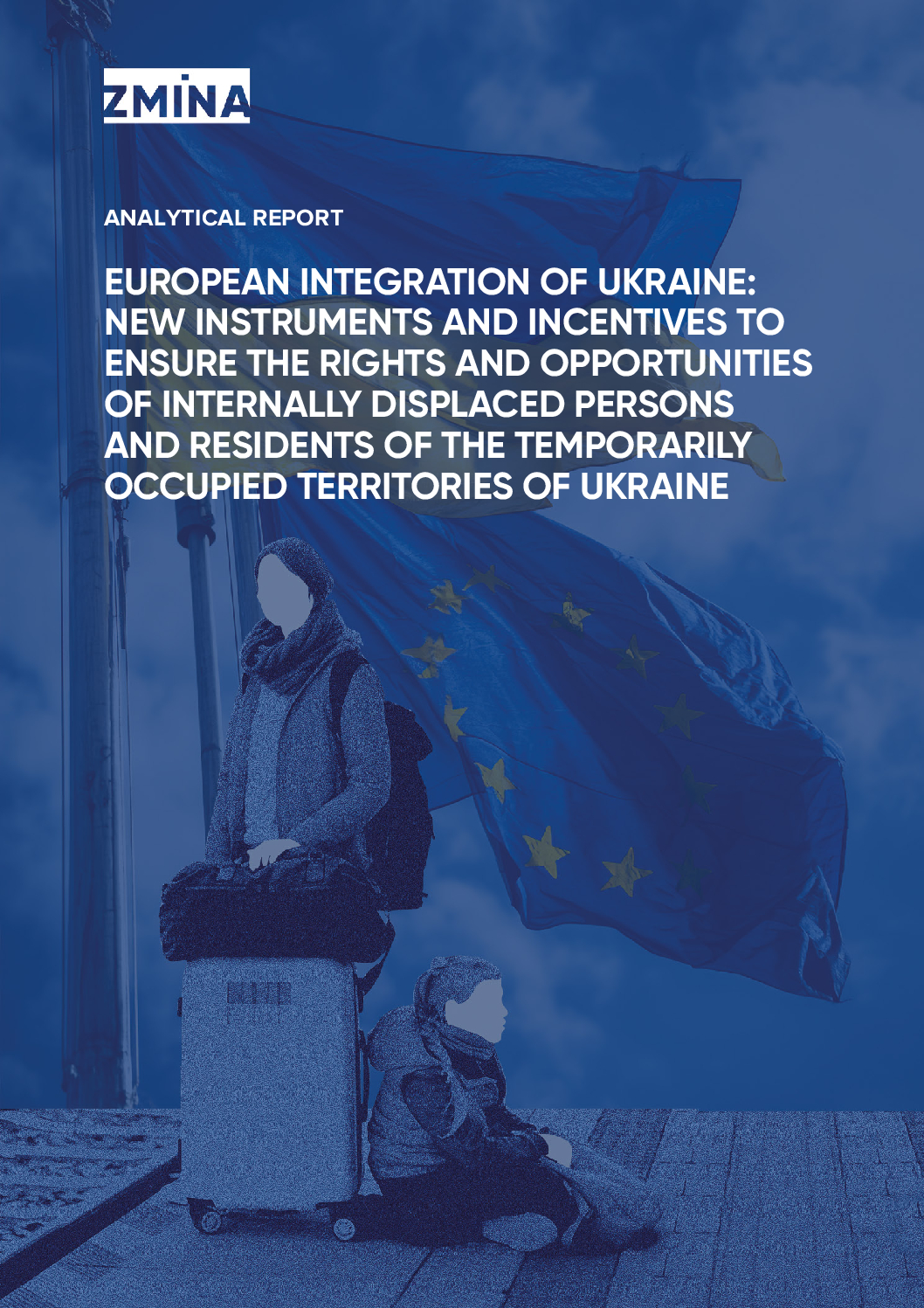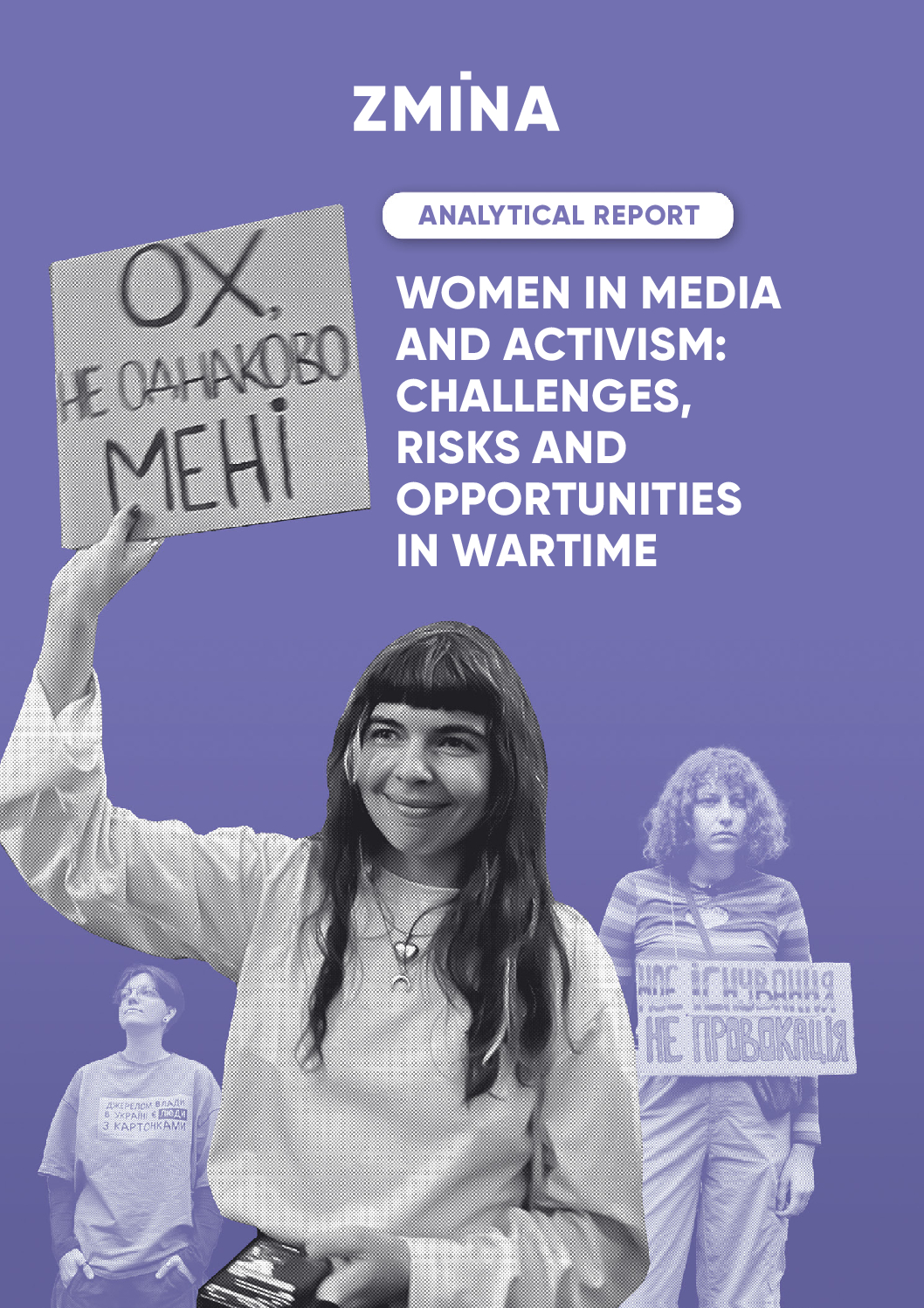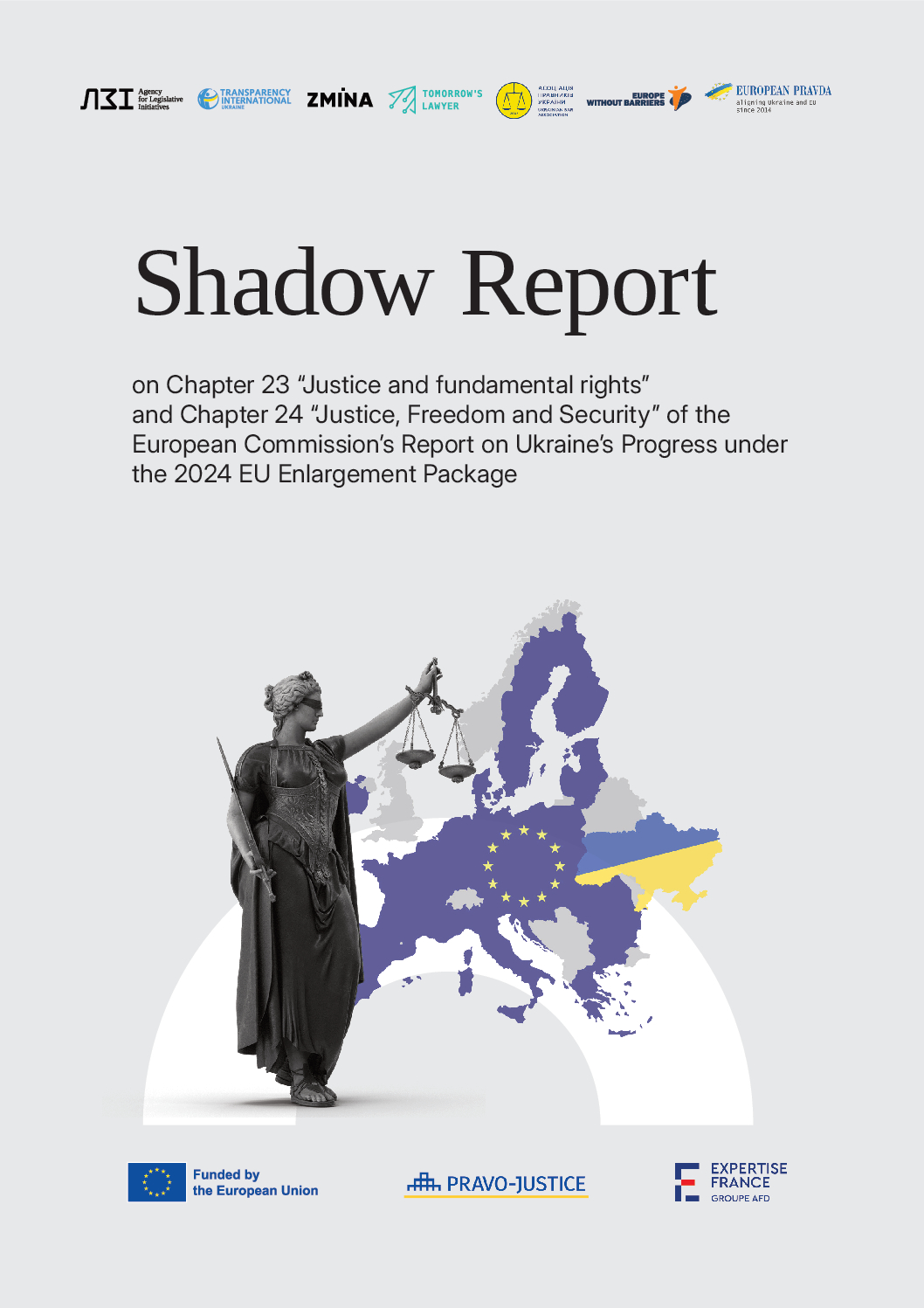Roadmap for the investigation of crimes against humanity committed by Russian forces in Ukraine
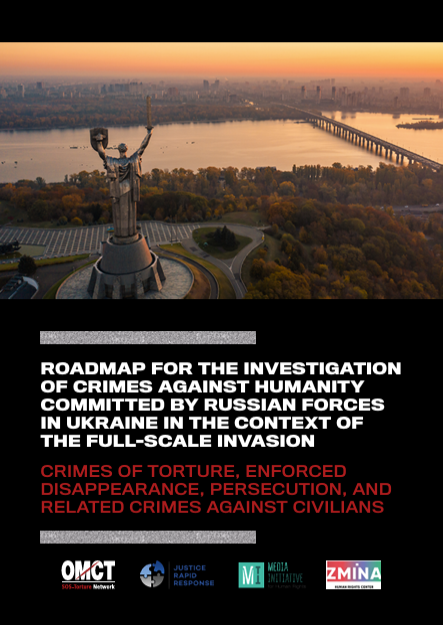
Since the beginning of the Russian Federation’s full-scale invasion of Ukraine in 2022, the OMCT and its partners, Human Rights Center ZMINA and the Media Initiative for Human Rights, have been documenting systematic, large-scale torture and related violations committed and perpetrated by the Russian military and other Russian authorities against civilians in Ukraine.
Given the foregoing, the OMCT has developed a roadmap for the structural investigation of these crimes as crimes against humanity, which includes recommendations for conducting interviews with victims. It does not, however, cover the collection of other types of evidence, such as OSINT or insider interviews. The objective of this roadmap is to increase the capacity of OMCT member and partner organisations in Ukraine to conduct investigations of these crimes, taking into account the standards of evidence and jurisprudence of the ICC and other international criminal tribunals. The authors acknowledge that civil society organisations are not entities in a position to carry out criminal proceedings and cannot replace the work of national and international prosecutors and investigators. Therefore, the goal of this roadmap is to serve as a tool for civil society organisations to improve the data collection process and the quality of the collected evidence that will ultimately help the ICC and national jurisdictions effectively investigate these crimes.
This roadmap refers to the elements of crimes set out in the Rome Statute of the ICC and is based on OMCT’s investigation strategy developed for the situation in Ukraine. It is intended for human rights defenders, journalists, and other civil society investigators conducting documentation and working with primary evidence. The roadmap provides practical guidance on investigating and proving contextual elements of torture as both a standalone crime against humanity and an element of crimes against humanity of persecution.
It aims to verify and identify new patterns related to the goals, objectives, resources, means, and the implementation of the Russian authorities’ alleged policy of attacking the civilian population of Ukraine. It also provides recommendations for reconstructing the chain of command, identifying perpetrators, and establishing evidentiary standards for civil society investigators. These recommendations are not exhaustive and may evolve as events develop in the context of the Russian aggression.
The Roadmap is available in English and Ukrainian.
This Roadmap was prepared with the financial support of the Open Society Foundations, Justice Rapid Response, the European Union, the Ministry of Foreign Affairs of Finland, the Ministry of Foreign Affairs of the Principality of Liechtenstein, and the Department of Foreign Affairs of the Republic of Ireland. The content of this roadmap is OMCT’s sole responsibility.

